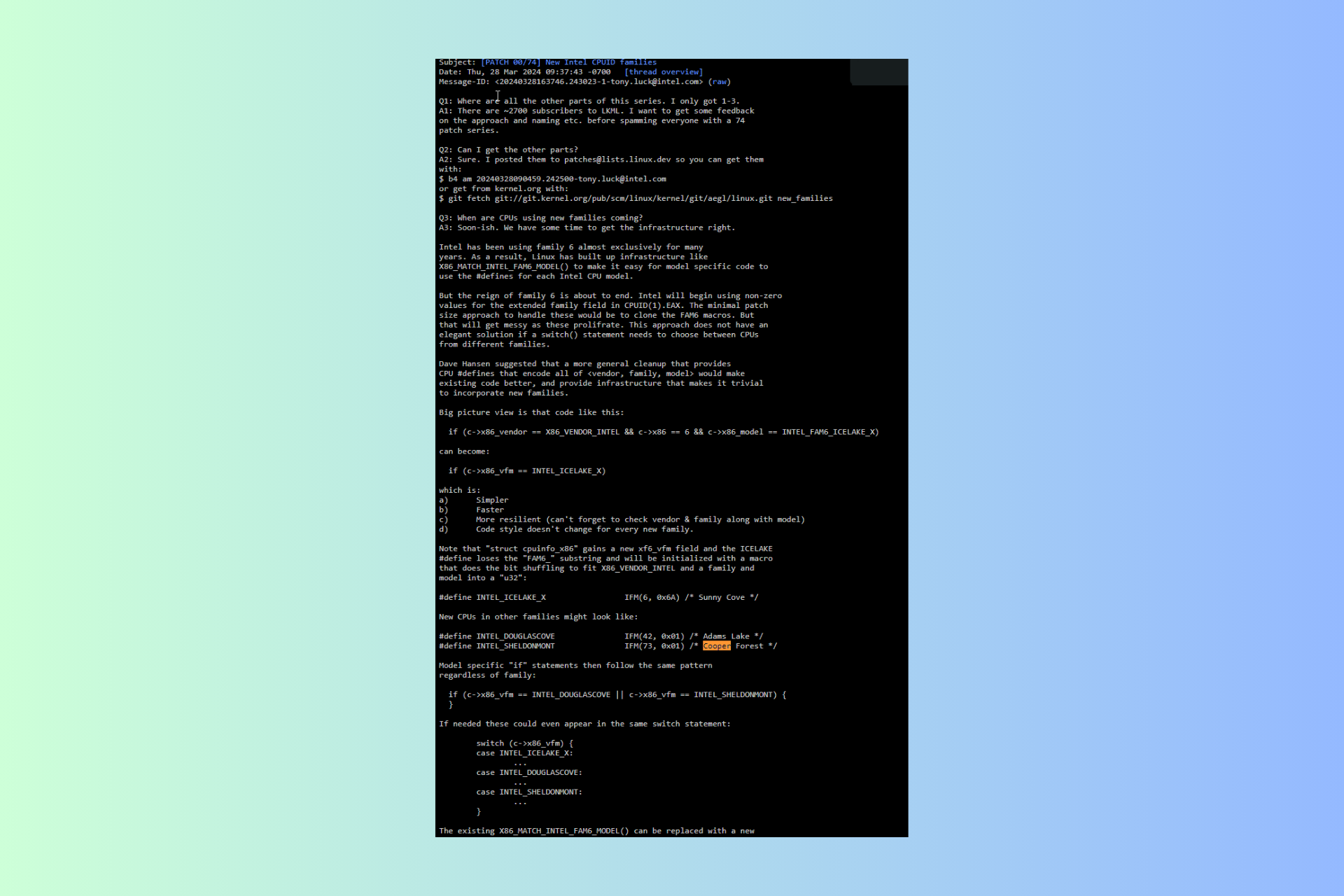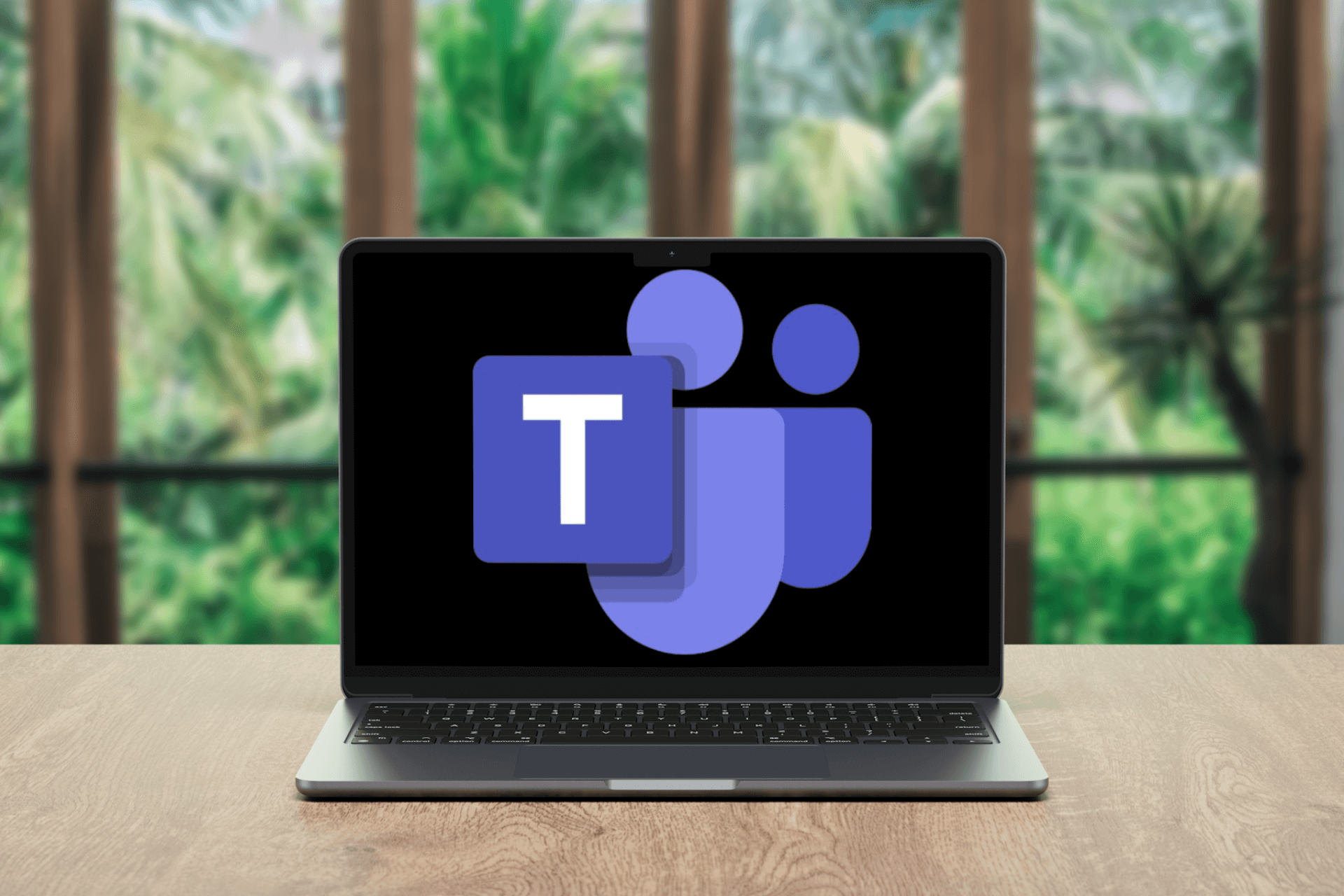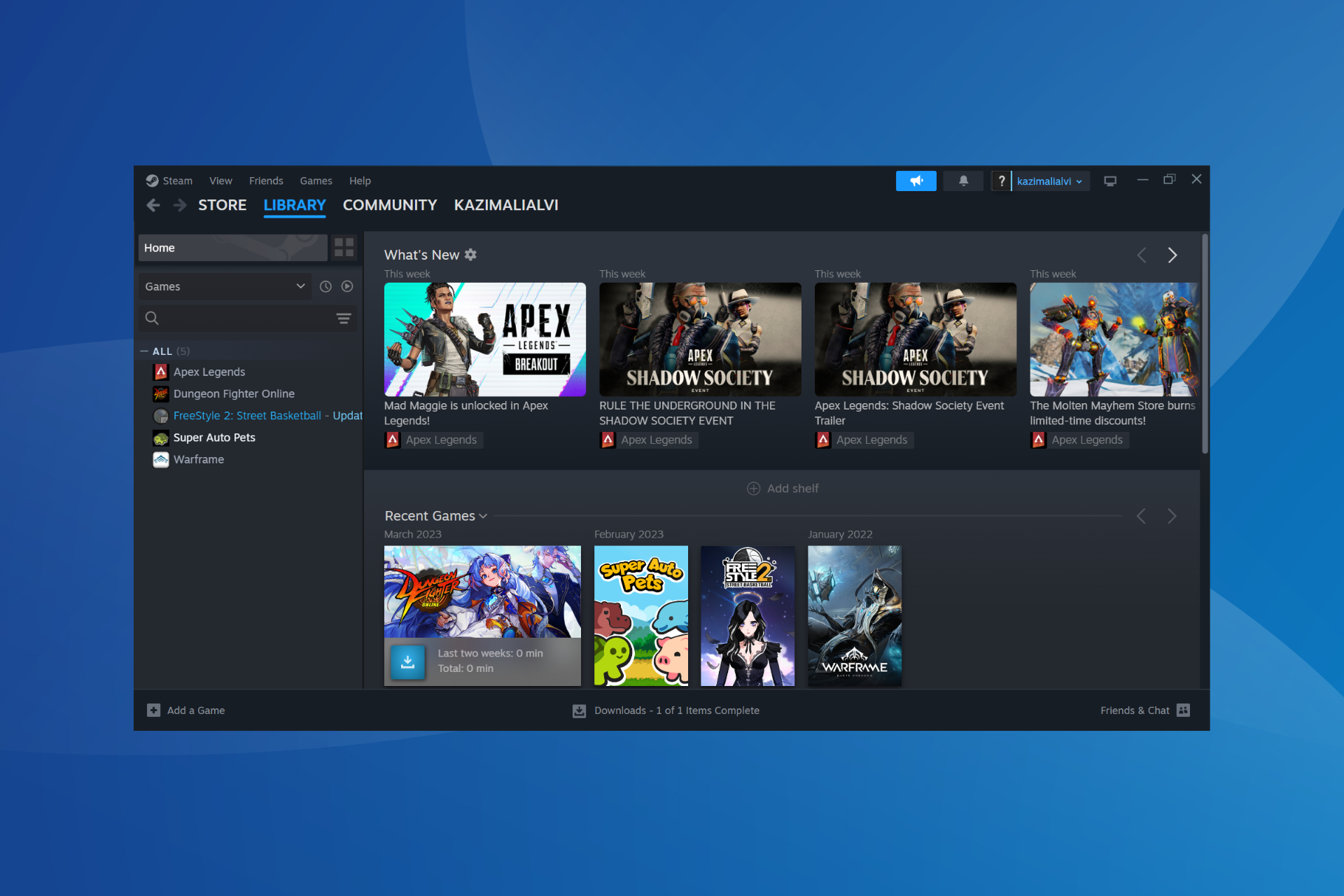Microsoft AI service will run its features locally on your AI PC
The AI assistant will require 40 TOPS NPUs
3 min. read
Published on
Read the affiliate disclosure page to find out how can you help Windows Report effortlessly and without spending any money. Read more

Microsoft AI service will soon run on your device. However, according to Intel, you will need an AI PC with an NPU with at least 40 trillion operations per second (TOPS). Also, according to Microsoft and Intel’s co-developed definition, such a device will have an NPU, GPU, CPU, and Copilot. To make the AI assistant more accessible, companies will add a Copilot key on their keyboards.
A few devices meeting the requirements to be AI PCs are already shipping. Yet, Intel will develop some devices with 40 TOPS NPUS capable of handling the Microsoft AI service. Additionally, the companies intend to bring more Copilot features to the new PCs. So, they are considering which elements should be local and which should stay on the cloud besides the key ones.
Are there any devices meeting the 40 TOPS NPU requirements?
Unfortunately, at the moment, most tech companies don’t meet the 40 TOPS NPU requirements to run the Microsoft AI service locally. AMD gets close with their Ryzen 8040, which has 16 NPU TOPS for 39 total TOPS. Intel’s Core Ultra series has up to 34 TOPS. Yet, Qualcomm might be the first to offer 45 TOPS chips later this year through their Snapdragon X Elite processor.
According to Tom’s Hardware, Microsoft will solely use NPUs for their AI service. In this way, they want to boost the AI’s performance. Moreover, running the AI assistant on GPUs or CPUs will affect your battery life.
Soon, Intel plans to bring next-gen processors that could handle most AI services available. Some of their plans focus on premium and mainstream mobile products, and others on AI PCs capable of the 40 TOPS requirements for Microsoft AI services. On top of that, the company will bring Intel Lunar Lake later this year.
Additionally, Intel claims that 65% of the devs they meet use the OpenVino open-source software toolkit. Thus, we could assume that most of their AI tech fits perfectly with Intel NPUs. Furthermore, Intel’s goal is to bring 100 million AI PCs by 2025.
In a nutshell, the Microsoft AI service will run locally on most AI PCs capable of handling it. Qualcomm is the closest tech company to meet the requirements, followed by AMD. Yet, Intel is going to develop a lot of new devices to handle most AI market segments. On top of that, they want to bring the Lunar Lake Chip that’s stronger than the latest one and add more AI features this year.
What are your thoughts? Are you already looking for an AI PC that could handle the Microsoft AI service? Let us know in the comments.








